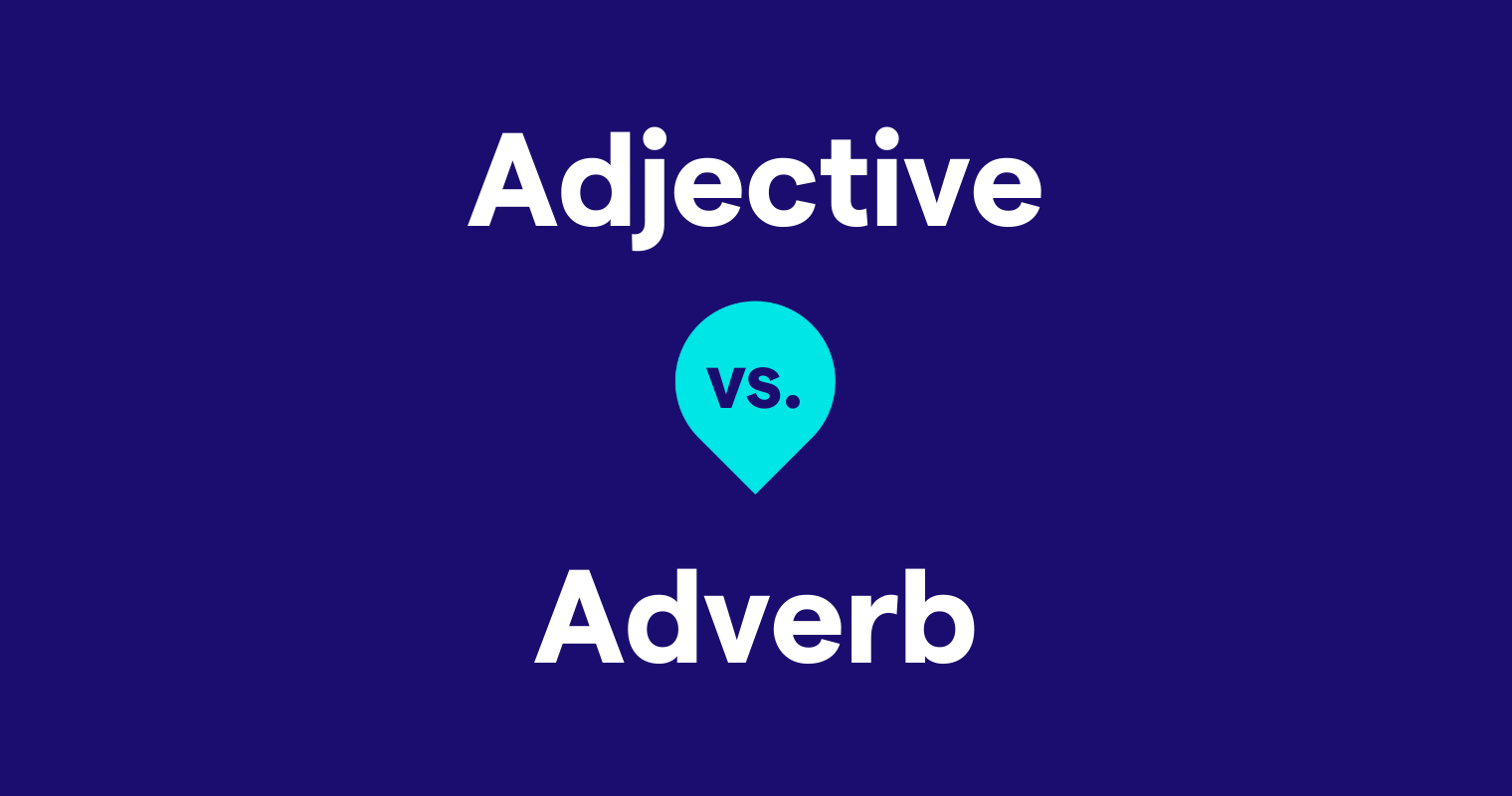When it comes to understanding the English language, one of the key components is knowing the difference between verbs and adjectives. Verbs are action words that describe what a subject is doing, while adjectives modify or describe nouns. However, there is often confusion between adverbs and adjectives, as both can describe actions. Let’s delve deeper into the distinction between these two parts of speech.
Verbs are essential in constructing sentences as they convey the action or state of being within a sentence. They are the backbone of any sentence and are crucial for expressing what is happening. Adjectives, on the other hand, are used to modify or describe nouns. They provide further detail about the noun in question, enhancing the overall meaning of the sentence.
Verb vs Adverb Adjective
One common area of confusion is the difference between adjectives and adverbs. Adjectives modify nouns or pronouns, adding more detail to the subject. For example, in the sentence “She has a beautiful dress,” the word “beautiful” is an adjective that describes the noun “dress.”
On the other hand, adverbs modify verbs, adjectives, or other adverbs. They provide information about how, when, where, or to what extent an action is taking place. For instance, in the sentence “She sings beautifully,” the word “beautifully” is an adverb that describes how she sings.
It is important to remember that while adjectives describe nouns, adverbs describe verbs. Adjectives answer the question “What kind?” or “Which one?” while adverbs answer the question “How?” “When?” “Where?” or “To what extent?” Understanding the distinction between these two parts of speech is crucial for effective communication.
When writing or speaking, it is essential to use adjectives and adverbs correctly to convey your message clearly. Misusing these parts of speech can lead to confusion and misunderstanding. By understanding the roles of adjectives and adverbs and how they differ from verbs, you can enhance the clarity and impact of your communication.
In conclusion, while both adjectives and adverbs are used to provide additional information in a sentence, they serve different purposes. Adjectives modify nouns, while adverbs modify verbs, adjectives, or other adverbs. By mastering the distinction between these two parts of speech, you can improve your language skills and effectively communicate your ideas.
